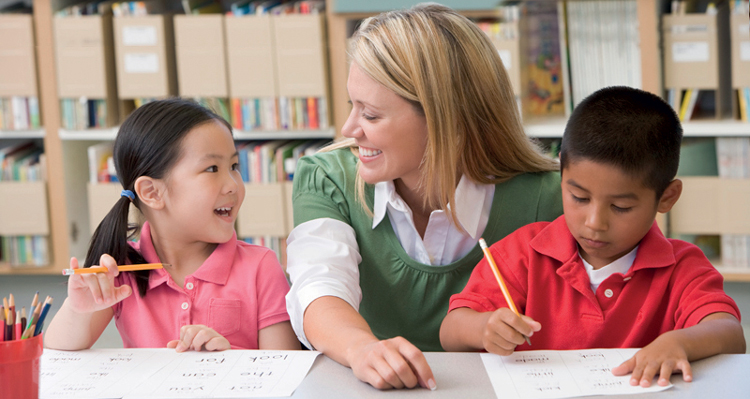As adults, we can find the transitions that we make in our life nerve-racking and unsettling. It could be starting a new job or moving to a new area. We often don’t feel happy and settled until things become a bit more familiar. This sort of feeling is no different for children, in fact, it is likely to be greatly magnified.
Adults have a great deal of prior knowledge and experience of life to draw on, whereas children have significantly less. They don’t know from experience that everything is likely to be alright or have strategies for dealing with the situation if it isn’t.
That is why good transitions are crucial both for children’s emotional wellbeing and their potential for attainment. The greatest inhibitor to attainment in schools is children’s self-confidence and level of anxiety.
Children should enjoy the transition process. Not just experience or endure it, but actually enjoy it.
When children feel comfortable and ‘at home’ in their environment they are far more likely to succeed. When they are subjected to significant change it can take many children a long time to adjust to their new situation. During this period of adjustment their potential for maximum attainment is drastically reduced.
To help to alleviate the anxiety that children might have, it is really useful when approaches to teaching and learning are harmonised at the point of transition. If children are moving between settings then this can be tricky, but if they are staying with a setting and moving to the next year group it is a far simpler process.
As well as having some quality time to discuss transitions with all of the adults who will be involved, it is really valuable to assess children’s emotional welfare, well-being and involvement before and after transitions. This will give you an accurate picture of how successful your transition has been. Tools like the Leuven Scales for Wellbeing and Involvement are a good resource for this.
Effective transition takes time, and is a process rather than an event.
One thing to keep at the forefront of your thinking is that children should enjoy the transition process. Not just experience or endure it, but actually enjoy it.
For this to happen it needs to be planned well in advance. If practical, pre-transition visits should be regular throughout the year, not just in the last week of the Summer Term. The most important thing to remember about transition is that effective transition takes time, and is a process rather than an event.
Alistair Bryce-Clegg is an Early Years trainer, consultant and owner of ABC Does…Ltd. He has a huge passion for engaging and exciting learning.
View our 9 top tips for managing transition from nursery to school:
Transition – 9 top tips for managing transition from nursery to school



